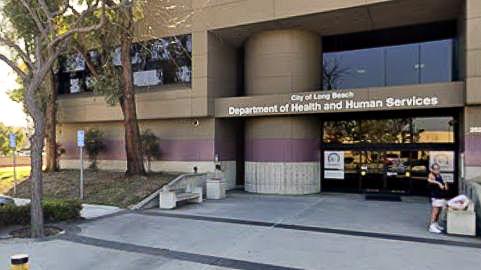A tuberculosis outbreak prompted a Long Beach official to declare a local public health emergency May 2.
One person has died and nine are hospitalized after 14 people contracted the disease, according to City Health Officer Dr. Anissa Davis.

A tuberculosis outbreak prompted a Long Beach official to declare a local public health emergency May 2.
One person has died and nine are hospitalized after 14 people contracted the disease, according to City Health Officer Dr. Anissa Davis.